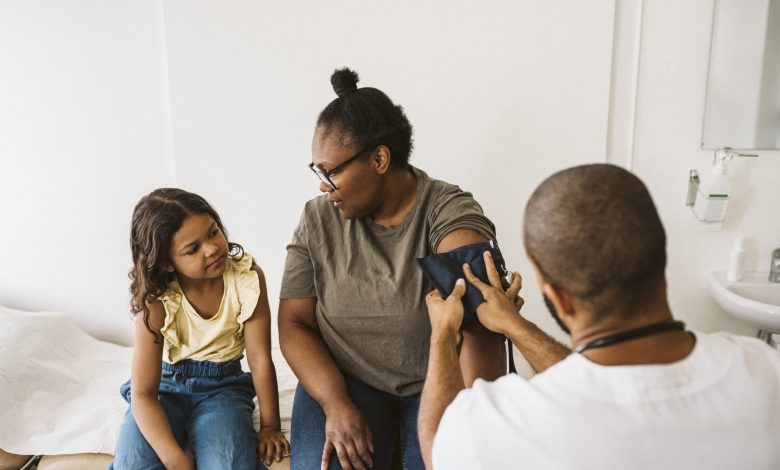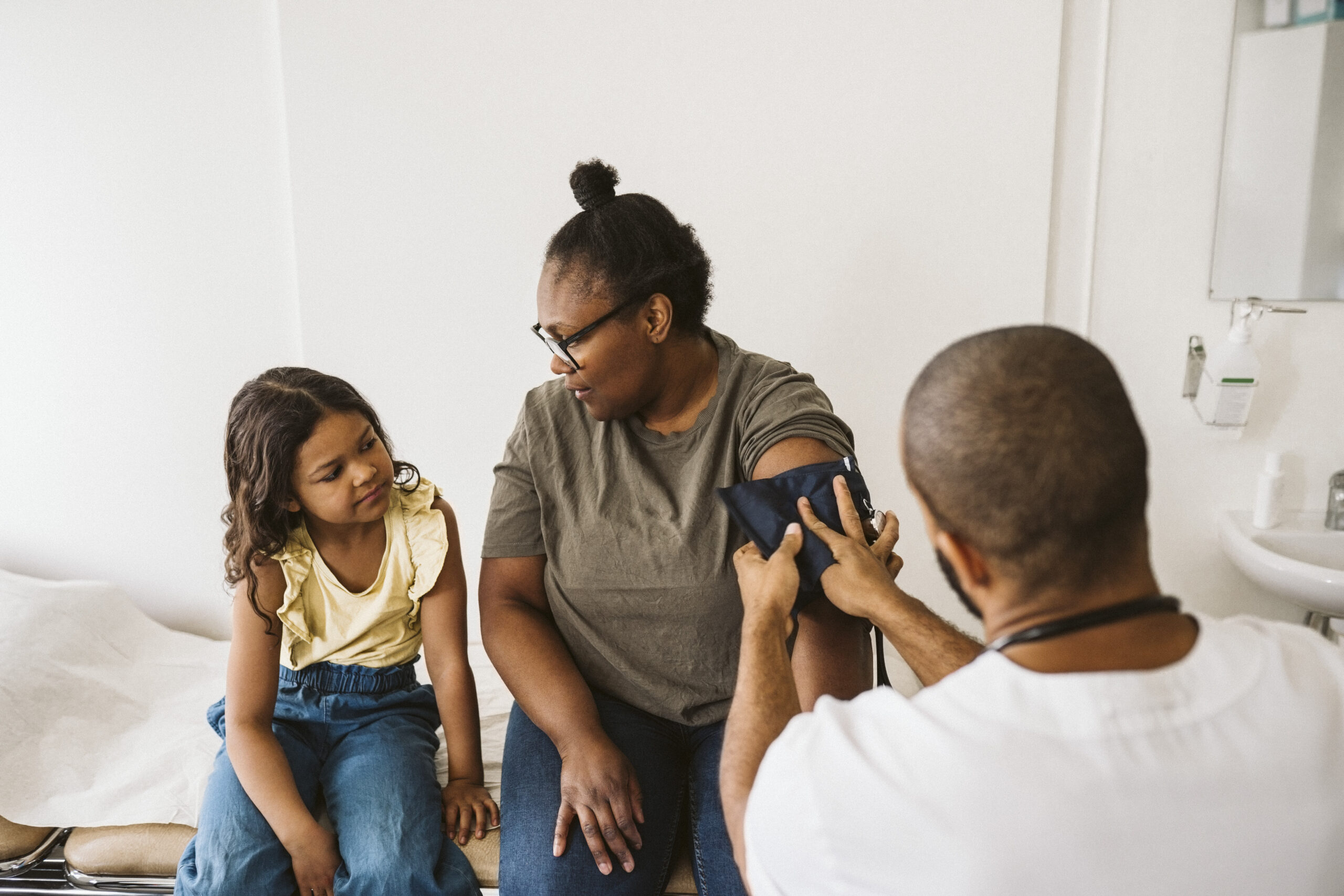6 Myths About Clinical Trials That Are Keeping Us Out of Them


Clinical trials help doctors and researchers find new ways to treat diseases. They can also offer patients a chance to try a potential treatment and help future patients diagnosed with the same disease.
Ray Robles, a research specialist who oversees clinical trials for the departments of Surgery and Orthopaedics at Cedars-Sinai shares some common misconceptions patients have about clinical trials.
Myth: You have to give up your usual treatments to join a clinical trial.
Some researchers want patients to stay on their current medical treatment with the hope that the combination will give them the best results. But if a patient hasn’t seen any benefits from their treatment, joining a clinical trial could be a way to fight their disease.
Remember, you can always go back to your original therapy if the study is not working for you or you have a negative reaction to the study drug.
RELATED: What to Know Before Enrolling Your Child in a Clinical Trial
Myth: Children are not allowed to participate in clinical trials.
Children can take part in clinical trials with the permission of their legal guardians. The research team may meet with the child to make sure they understand what the trial is about.
They may even use pictures to explain the study. If the child is mature enough, the research team will ask for their written consent.
Myth: You can only participate in a clinical trial at the medical center where you’re currently being treated.
You can take part in any clinical trial, even if your primary doctor isn’t doing the actual research. Let your doctor know if you’re interested in joining a study, too.
Doctors can help determine if you’re eligible for a particular study and may be able to assist in getting copies of your




